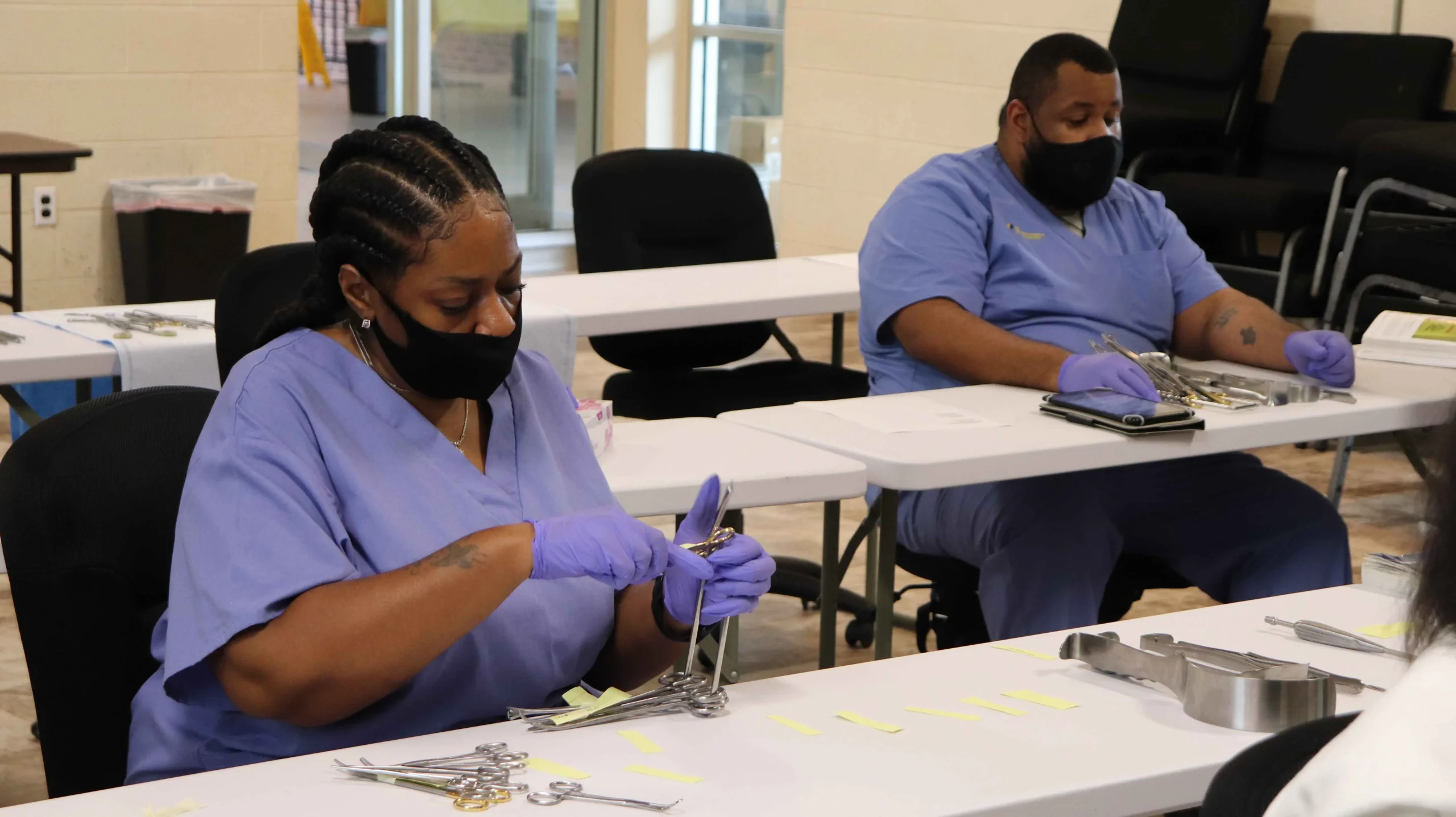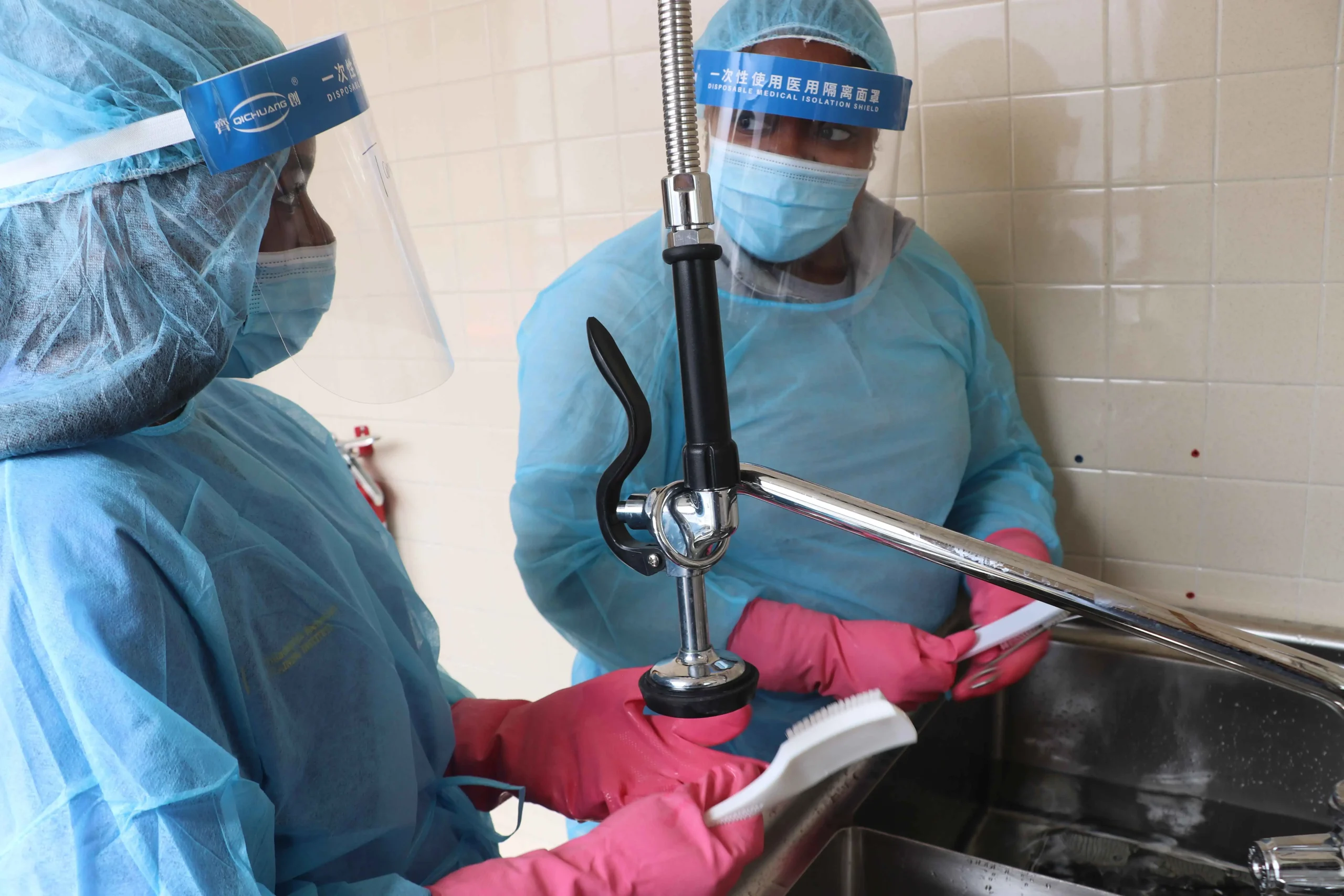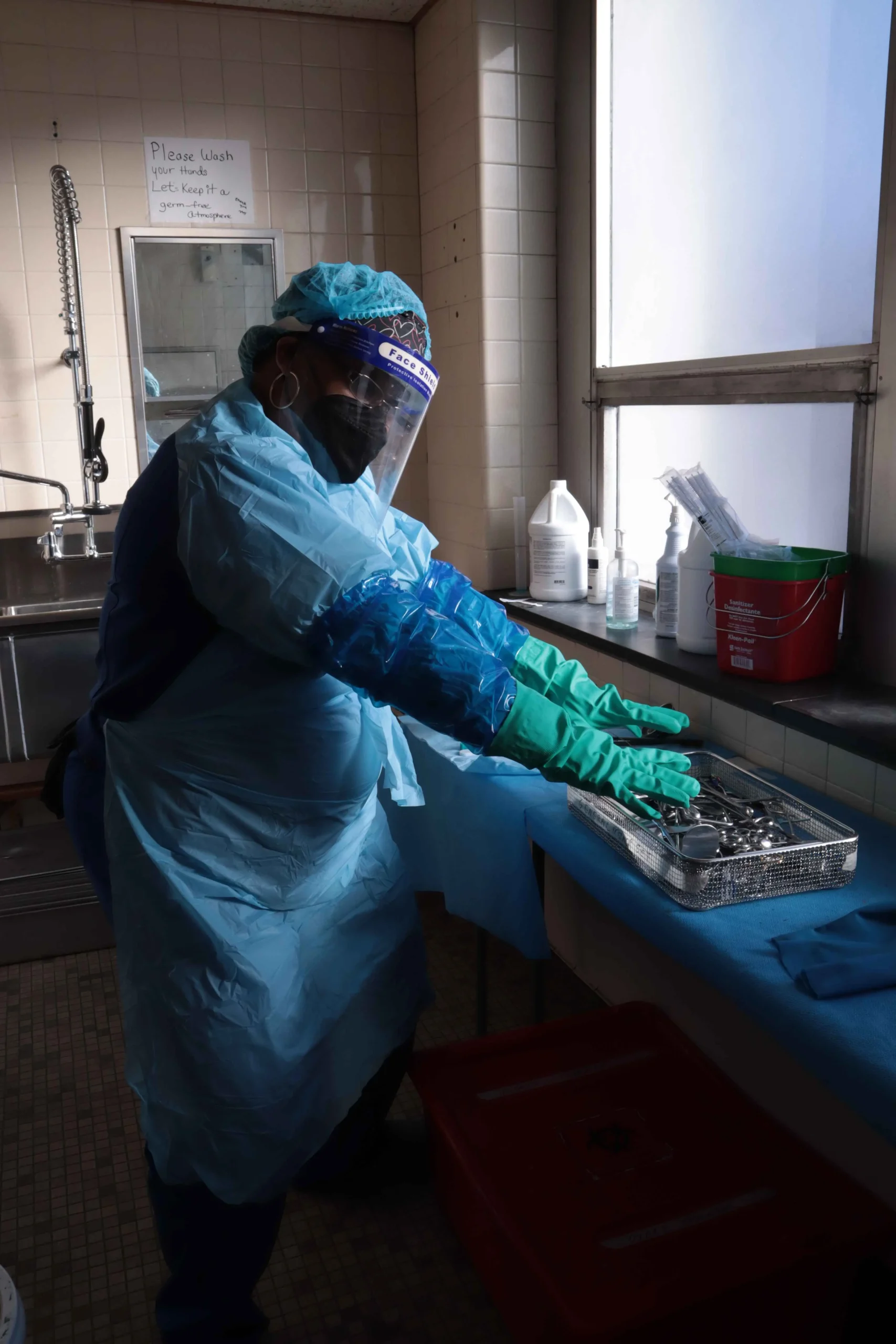
A sterile processing technician degree puts you on the front lines to save lives. Almost all people understand the work nurses, and doctors do to help save lives. Still, there are tons of jobs being done in surgical facilities and hospitals around the world that do not obtain the recognition they deserve. These are important for patient well-being and the healthcare profession. Some significant advances in healthcare in the past hundred years or even the past several decades are due to a greater emphasis on equipment sterilization, availability, and effectiveness. A sterile processing technician can offer a great beginning toward a lifelong healthcare career.
Sterile processing technicians ensure the safety and welfare of patients undergoing surgical operations or treatments. They are responsible for cleaning, disinfecting, packaging, and delivering surgical tools, supplies, and equipment. In addition, to ensure that all instruments are correctly sterilised and prepared for use, they inspect, test, and maintain sterilisation equipment and carry out quality control processes.
Also, you must maintain a record of sterilization processes, disinfected equipment, and dealing with reordering equipment. You must also ensure you review for the expiry date. As a sterile technician, you must always pay tremendous attention to details and have good technical and critical thinking skills. Also, you must have good mechanical and organizational skills. Further, you must have an associate degree or sterile tech certification, generally as a medical or nursing technician.

The work you will do as a sterile processing technician directly influences the life-saving care of nurses, surgeons, physicians, and anesthesiologists. In the medical field, the discrepancy between life and death, success and failure, can be how clean a tool is or how precise equipment functions. That is in your hands. One will likely begin as a sterile technician, but dedicated experts can move in various directions. For example, you can join a management role within the branch or move into technical facilities that use multiple types of instrumentation or medical devices. These factors can indicate the scope of sterile technician:

Sterile processing technicians’ jobs are in high demand. These include a variety of healthcare settings, including hospitals, ambulatory surgery centres, medical device manufacturers, research labs, and long-term care homes.
When deeming a career, it is wise to get a sense of the possibilities in the field. If the sterile career is weakening, there may be little opportunity of finding a job; however, if the career is durable or growing, the possibilities will be much better. There is excellent news in the sterile processing technician area in this regard: As per the U.S. BLS (Bureau of Labor Statistics), employment of sterile techs is expected to grow 14%, much faster than usual, through 2024.
For the most part, this development can be attributed to numerous factors: technology is making surgical treatments safer, and supplementary operations and methods are being conducted in greater numbers to treat ailments and injuries, resulting in greater healthcare necessity.
Sterile processor make a distinction behind the scenes. They are known as the unsung heroes in the healthcare enterprise. They function outside the limelight to deter infections and other feasible medical complications. Yet, their job is so essential that most modern medical facilities would have difficulty working without them. By enrolling in sterile training programs lead to hands-on training experience can also get you sterile processing certification .This job is about keeping patients healthy and safe, but there is another element to it that is frequently overlooked. In addition to keeping patients safe, the role is crucial in keeping medical staff safe, too; that is why this career needs a vigorous adherence to sterilization procedures daily.
Sterile careers are obtainable in limited locations; they may be in specific parts of the country or particular communities. However, this is not valid about sterile processing jobs; these jobs are obtainable in hospitals or other healthcare facilities, which implies that these jobs exist in numerous communities throughout the nation and beyond with sterile processing certification .
Healthcare employment requires comprehensive training and education; that is not the case with sterile technicians. The sterile processing program may last from some weeks to numerous months; during that time, students learn vital information and skills, including methods of storing, sterilizing, cleaning, and inspecting instruments before and after surgeries.
The healthcare area offers various career options, including sterile technician.
certification in sterile processing demonstrate their knowledge and skills in sterilisation techniques, instrumentation, and patient safety. This can lead to career advancement and higher earning potential.
There are numerous factors that make this a tremendous sterile processing job they also make it an extremely popular choice for many people. Sterile processing technician is a rising job nowadays. Consider the above-given factors, as they will help you excel in your sterile career.
Read More